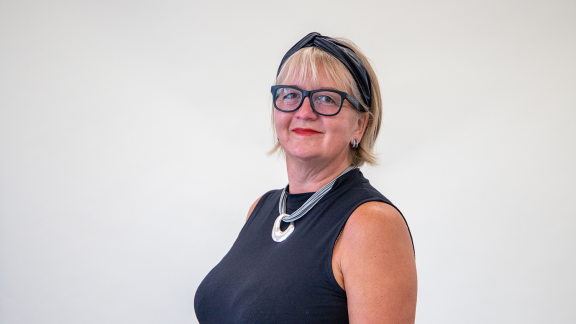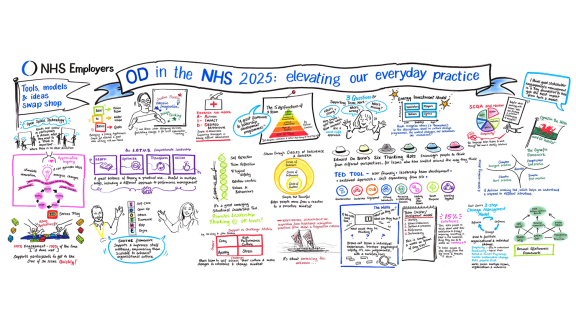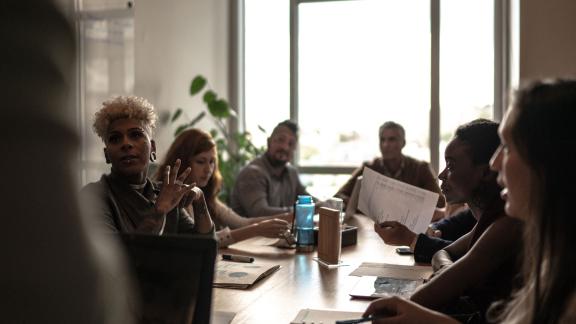Navigating the choppy waters of change through OD practice

In this blog, Julia Tybura, managing director of Zenon Consulting, draws on the key theme of her OD in the NHS conference session – outlining how the core skill of reflexivity can be built and harnessed to overcome challenges and uncertainty, in both our personal and professional lives.
What do 4,000 miles of open water teach us about leadership, team working, decision making, change and reflexivity?
The context of health and social care has shifted. Again. More ‘dis-re-organisation’, more change, more uncertainty and more demand for services. As OD practitioners and leaders, we feel this shift acutely.
Once again, we must design, lead, facilitate and support a range of OD interventions to support people and organisations going through phenomenal change.
And we must deepen our reflexivity to be able to do this work not just effectively, but superbly; and by keeping ourselves safe - physically, mentally and in our organisational culture.
So how does the story of my first ever sail leading to me eventually navigating across 4,000 miles of open water support the idea of reflexivity?
We start with understanding the notion of liminal space - often described as the ‘in-between’. That uncomfortable, uncertain zone between where we are and where we’re going. It can feel unsettling… but also transformative.
At the OD in the NHS conference, I’ll be sharing my experience of crossing the Atlantic in a sailing boat as co-skipper, spending over three weeks surrounded by endless ocean, disconnected from the usual rhythms of life.
That voyage became a profound metaphor for liminal space: not knowing what’s ahead, yet learning, adapting and growing along the way.
Whether it’s onboarding, promotion, redundancy or managing change in teams, liminal spaces are everywhere in our work and lives.
Building our reflexive muscle is key in enabling us as OD practitioners to energise ourselves and deepen our knowledge and practice. By doing this we can enable and facilitate others to deepen their own knowledge, practice and reflection.
To reflect is an important skill that can help us in periods of change. Deepening our ability to reflect so we can be reflexive is even more important as stewards and facilitators of complex change.
I will be encouraging delegates to pause, reflect and ask:
“What am I noticing here?” A deceptively simple but transformative question.
Have you ever found yourself in a liminal space - professionally or personally? How did you navigate it? What did you learn?
Were you able to flex your reflexive muscle? If not, why not? What do you notice when your reflexive muscle is not working so well – and when it is working fabulously?
I look forward to sharing my story and hearing your responses at the Do OD Conference in May.
You can learn more about this year's Do OD conference - OD in the NHS 2025: elevating our everyday practice - on our event web page.



